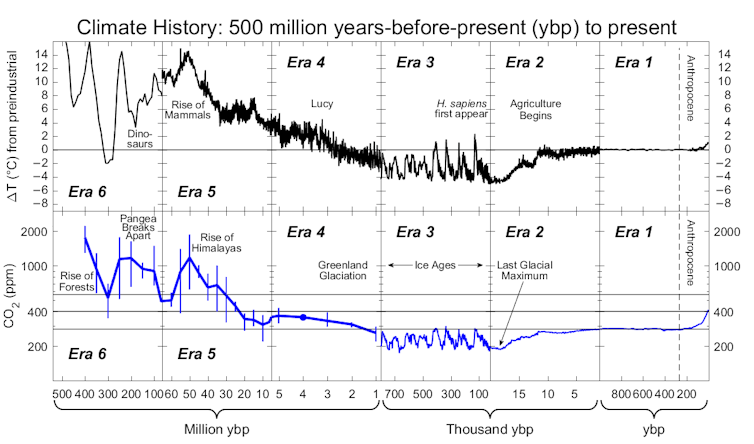An analysis of major Indian banks by think tank Climate Risk Horizons warned on Tuesday that the country’s banking sector is unprepared for the financial impacts of climate change.
The report, “Unprepared: India’s Big Banks Perform Poorly on Climate Challenge,” ranks the country’s 34 largest banks (based on market capitalization) according to a series of criteria and finds that within a few examples, most banks have not even begun to integrate climate change into their business strategies.
The analysis follows the Intergovernmental Panel on Climate Change (IPCC) report on impacts, adaptation and vulnerability which warns that India faces serious economic threats from rising sea level and river flooding, reduced work capacity due to intolerable heat, reduced agricultural and fisheries production and water scarcity.
Many studies have projected the impact on Indian economic growth and GDP of climate change.
The World Bank estimates India’s annual GDP to be 2.8% by 2050.
Deloitte Economics Institute estimates that an emissions trajectory consistent with a temperature increase of three degrees Celsius (which the planet is currently on track towards) would result in an annual loss of three percent of GDP by 2050 and $35 trillion in lost economic potential by 2070.
Ashish Fernandes, CEO of Climate Risk Horizons and one of the authors of the report, said: “Even in the best climate scenario, the impact of the climate crisis on the Indian economy will be significant.
“Our analysis indicates that the banking sector is not ready to adapt to an economy whose fundamentals will face significant challenges, and it is not, for the most part, stepping up financing for adaptation efforts and mitigation on the scale needed.
“The good news is that some banks are starting to take steps in the right direction.”
YES Bank, IndusInd Bank, HDFC Bank and Axis Bank are the highest ranked banks overall and have started taking the climate issue into account.
Public sector giant SBI is a distant sixth. In general, the ranking shows that public sector banks, despite their influence and dominance, lag behind private sector financial institutions.
“Globally, central banks are waking up to the climate issue. More than 106 banks worldwide representing $68 trillion in assets have pledged to achieve net zero emissions by 2050. “India. The RBI has a key role to play in ensuring that Indian commercial banks treat climate change as the systemic economic threat that it is,” added Fernandes.
–IANS
vg/ksk/
(Only the title and image of this report may have been edited by Business Standard staff; the rest of the content is auto-generated from a syndicated feed.)




